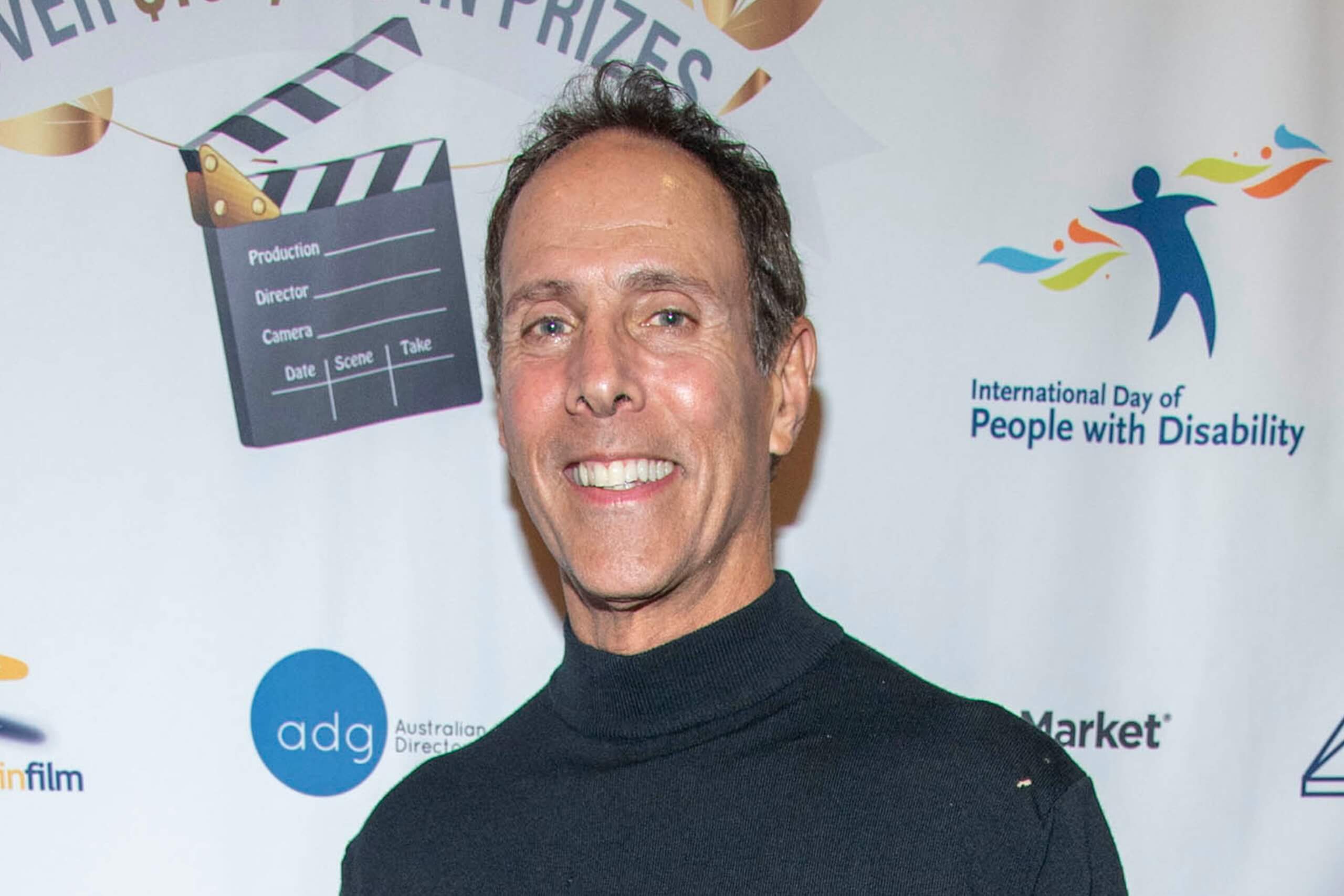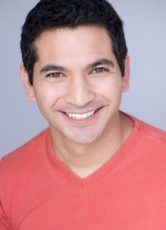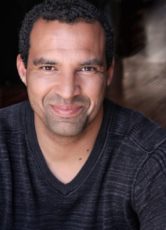
Casting veteran Paul Weber has two decades’ worth of experience in the industry. The Los Angeles-based casting director started as an actor, touring with the California Shakespeare Festival before being mentored by casting director Michael Shurtleff, a major force in casting on Broadway in the ’60s and ’70s.
Weber went on to serve as executive in-house head of television casting for MGM Studios. His work includes the Stargate franchise, Spartacus: Gods of the Arena, Outlander, Pure, Dead Like Me, Poltergeist and The Outer Limits. He’s also an acting coach, offering workshops and courses for performers.
Throughout his casting career, Weber has picked up lifetimes of acting and audition advice. Here are Weber’s audition tips on ways actors can make strong choices and stand out.
What does “make bold choices” really mean for acting auditions?
To help performers make a strong impression during their acting auditions, Weber is hesitant to tell them to “Make bold choices.” Although this is popular advice, Weber finds that actors sometimes translate those words to mean “perform bigger and louder,” which hurts performances.
Instead, Weber says actors should be told to be “subtle and specific.” By studying the text and gaining insights from it, actors can then find subtle, unexpected ways to express the material. This makes a huge difference when it comes to auditions. “It’s the subtle moments that make all the difference,” Weber says. That being said, whatever decision actors make, be it with body language or vocal choices, their approach must support the text itself.
Important Qualities Actors Can Exhibit in the Audition Room
For both experienced actors and newbies, there are certain qualities in a performer that go a long way. “I may see someone who’s brand new, but there’s an instinct, a willingness to be present, there’s a willingness to be vulnerable, there’s a willingness to listen,” says Weber. “Those are really important things, and that’s what sometimes doesn’t happen because actors are so desperate and sometimes get in their own head, and they sabotage their own work.”
Focus on the Work to Get Out of Your Head
When it comes to the topic of what keeps actors from doing their best work in the audition room, Weber suggests that they tend to get in their own way. This can lead to actors making more personal choices in the moment regarding what they think the casting team might want instead of showcasing the character traits the way they chose initially. “I find that a lot of actors…are paralyzed by fear of rejection or anxiety, and that just piggybacks on itself, right?”
Weber believes this state of mind can be managed with excellent audition preparation. “The better the preparation, the more assured and confident the actor is not only in the choices they make, but the freedom that they now have to execute the direction they might get from a casting director or producer, if they’re lucky.” Actors must also manage expectations when it comes to the audition process, and fully understand that the actor’s journey most commonly requires many, many rejections before landing a job.
Time + Effort = the Ticket to Success
“Everyone starts off pretty green,” Weber says of new actors. Just like anything else in life, the more a person does something, the better they’ll get at it. This applies to in-person and self tape auditions.
“My advice is you get better by auditioning, by getting out there and auditioning and doing the work, and auditioning for everything you can: short films, student films, plays, do classes, practice, sacrifice,” Weber says. “That’s my advice really because there’s no one note I can give an actor.”
Like all casting directors, Weber is rooting for talent to believe in themselves and grow as performers. “If they just did the work and continued to do the work, they would get better at it. And then they might even enjoy it. That’s what I love to see!”
The Only Control an Actor Has is Their Choices
There’s one aspect of the audition experience that Weber wants actors to consider from view of a casting director. “The only control you have is what you bring into the room, your state of being, your preparedness, your willingness to listen, take direction, to be present. You really have no control over anything else!”
“You leave the room and wonder what you could have done differently. But if you’re present in that moment, we will see it,” Weber says, reminding actors from assuming that they have any additional control, as that line of thinking can lead to second guessing and self-sabotage. “We will know that you’re doing the work that you’re best capable of doing in that moment. And that’s really what you should leave us with, and don’t worry about the other stuff because you can’t do anything about it anyway.”
Vital Tools for Today’s Actor
In this digital-first age, Weber says that there are two important marketing materials that actors cannot succeed without.
“Good headshots and good demo reels are absolutely vital today because there’s a lot of casting that’s being done virtually where we may not bring you in for a role or have you self tape for a role unless we can see some work that you’ve already done,” he says. “Get a minute, get two minutes, you know, thirty seconds even is enough for us to get an indication of what’s the look like on camera, is there intelligence, is there a sense of humor, does this seem to be a physical fit perhaps for the role? So…you must have some content absolutely.”
Weber suggests place your strongest work at the beginning and have at least 30 seconds of quality work on your demo.
Tips for Self Tape Auditions
Weber enjoys the variety he receives from with self tape auditions. While it’s beneficial for actors to have an audition space set up at home with a dark blue or gray background, along with proper lighting, he’s now asking actors a new question to consider for their self tapes.
“Why not create as much of a cinematic experience for the casting director rather than always just have the blue screen in the background?” He says, “You can create an environment depending on what the scene is to help support who you are in this scene.”
For example, if you’re auditioning for the role of a psychiatrist or doctor, Weber suggests sitting at a desk with a nice bookcase in the background to create the audition environment of an office. Or, if the text takes place in the kitchen, move the audition space into the kitchen. “I’m very supportive of that if it supports the scene,” he says.
Want to get your acting career started? Sign up or login to Casting Frontier and start auditioning today!
You may also like:
- Casting Director Mike Lush on How to Score a Spot on a Reality Show
- Jobs Actors Had Before They Were Famous
- 3 Actors on Playing Themselves in Film
Written by Casting Frontier




